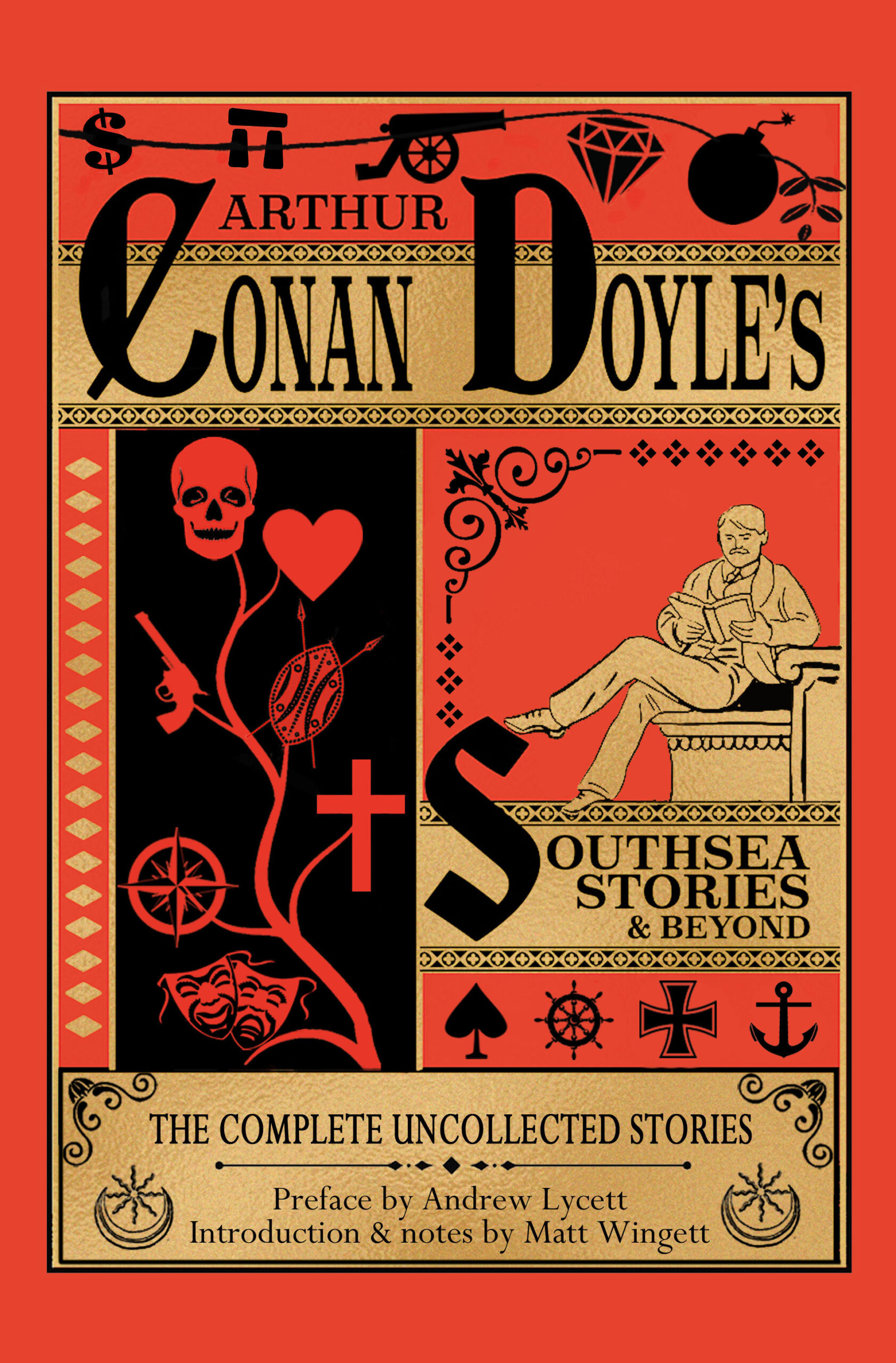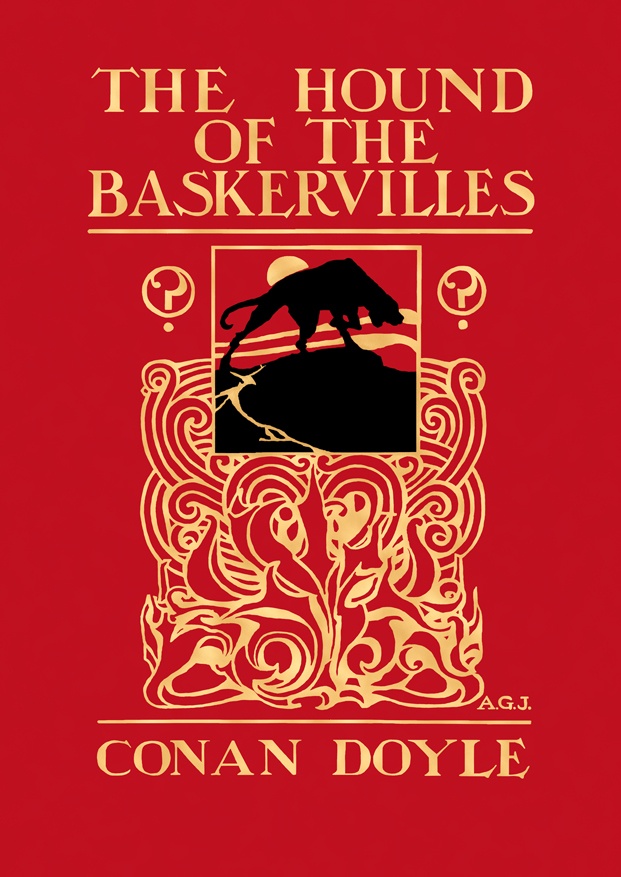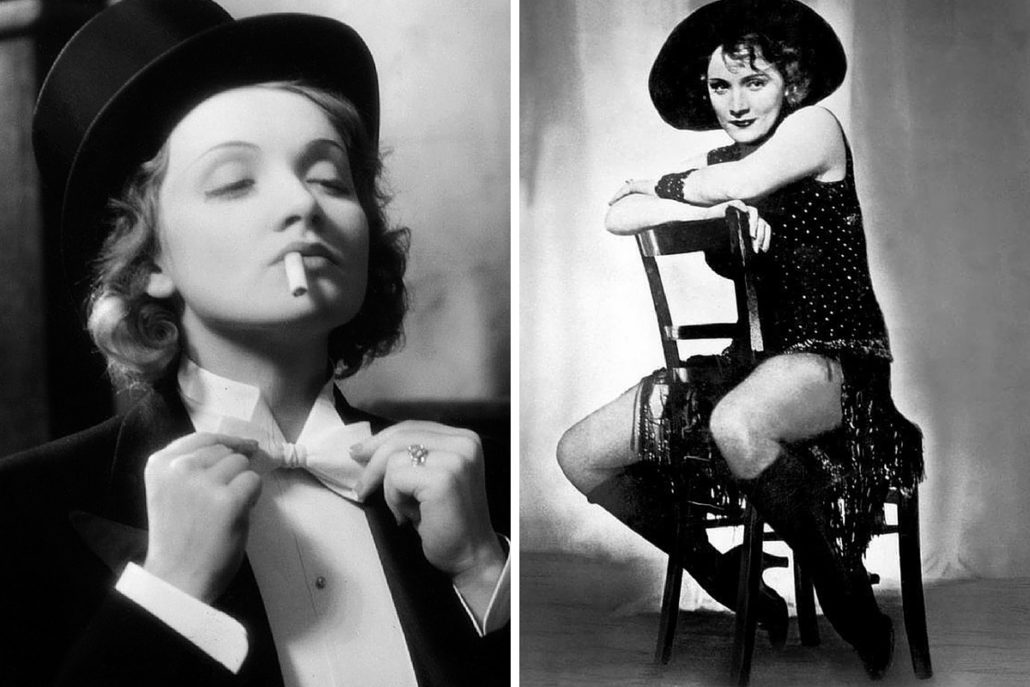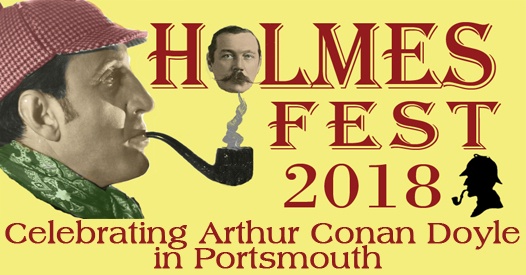People sometimes sound surprised when I tell them I want to celebrate Arthur Conan Doyle and Sherlock Holmes in Southsea with Holmes Fest. They simply don’t believe that Holmes could have anything to do with our little town – and that’s why I’m so positive about it – to show them that actually Portsmouth and Southsea have a lot to offer those with the right attitude.
The Southsea in the 1880s in which Arthur Conan Doyle lived was a very familiar yet very different place from the one we know now. When he stepped off the steam packet from Plymouth in late June 1882, the Clarence Pier he landed on was a very different building from the one that was wrecked during the war. Here’s an image of it:
Of course, at Number 1 Bush Villas, Elm Grove, Conan Doyle famously set up his surgery. But I’ve often wondered what that meant for him when he stepped out on to the street. Sitting in his surgery waiting for patients, he would have been disturbed not by passing cars, though the clip of horses’ hooves on the cobbled road would have penetrated his consulting room.
The place where he lived, in that grey-fronted Victorian villa was lively. To the north of him lay the artisan quarters, where dockyard workers, builders and craftsmen crowded in the St Paul’s Road and Green Road areas. When he stood at his front door looking out, he would have seen a row of shops and houses along which only ten years before the forlorn and stressed Rudyard Kipling had made his way from Lorne Lodge on Campbell Road to the school at Green Road. On his right hand side there stood a Baptist Church, and beyond that, a livery stables where the gentlemen of the area kept their horses.
On his left stood The Bush Hotel, and a little further, on the other side of the road, was Hide’s Drapery Emporium, where science fiction writer H G Wells worked sullenly as a teenager in Doyle’s early years in Southsea. I like to imagine that maybe, one day in 1882 or 1883, the pair met across the counter, while the young doctor twirled his moustache and considered which fabric would make a decent pair of trousers both durable and presentable enough to wear in the surgery as he saw patients.
The fact is, Doyle loved Southsea, writing in his autobiography Memories and Adventures:
With its imperial associations it is a glorious place and even now if I had to live in a town outside London it is surely to Southsea, the residential quarter of Portsmouth, that I would turn. The history of the past carries on into the history of to-day, the new torpedo-boat flies past the old Victory with the same white ensign flying from each, and the old Elizabethan culverins and sakers can still be seen in the same walk which brings you to the huge artillery of the forts. There is a great glamour there to any one with the historic sense—a sense which I drank in with my mother’s milk.
His book also gives a wonderful insight into life in the doctor’s surgery in those early years. Doyle also quotes a letter “written in straggling schoolboy script by my little brother to his mother at home which may throw an independent light upon those curious days.” August 16, 1882, it says:
The patients are crowding in. We have made three bob this week. We have vaxenated a baby and got hold of a man with consumption, and to-day a gipsy’s cart came up to the door selling baskets and chairs so we determined not to let the man ring as long as he liked. After he had rang two or three times Arthur yelled out at the pitch of his voice, Go a way but the man rang again so I went down to the door and pulled open the letter box and cried out go a way. The man began to swear at me and say that he wanted to see Arthur. All this time Arthur thought that the door was open and was yelling Shut that door. Then I came upstairs and told Arthur what the man had said so Arthur went down and opened the door and we found out that the gipsy’s child had measles…After all we got sixpence out of them and that is all ways something.
Doyle adds: “I remember the incident well, and certainly my sudden change of tone from the indignant householder, who is worried by a tramp, to my best bedside manner in the hopes of a fee, must have been very amusing. My recollection is, however, that it was the Gipsy who got sixpence out of us.”
The early years of his move to Southsea were tough. Doyle recalls “picking up a patient here and a patient there until the nucleus of a little practice had been formed.”
Doyle also learned to network: “I mixed with people so far as I could, for I learned that a brass plate alone will never attract, and people must see the human being who lies in wait behind it. Some of my tradespeople gave me their custom in return for mine, and mine was so small that I was likely to have the best of the bargain. There was a grocer who developed epileptic fits, which meant butter and tea to us. Poor fellow, he could never have realized the mixed feelings with which I received the news of a fresh outbreak.”
The characters in Portsmouth he also writes of with brilliance, as of the “very tall, horse-faced old lady with an extraordinary dignity of bearing,” of whom he recalls:
She would sit framed in the window of her little house, like the picture of a grande dame of the old régime. But every now and again she went on a wild burst, in the course of which she would skim plates out of the window at the passers-by. I was the only one who had influence over her at such times, for she was a haughty, autocratic old person. Once she showed an inclination to skim a plate at me also, but I quelled her by assuming a gloomy dignity as portentous as her own. She had some art treasures which she heaped upon me when she was what we will politely call “ill,” but claimed back again the moment she was well. Once when she had been particularly troublesome I retained a fine lava jug, in spite of her protests, and I have got it yet.
It was in this life that Conan Doyle decided that he had best supplement his income through writing. It is the fame he gained from his work that makes the celebration of his life such fun. And that’s why I love it when people are so surprised to hear that this town was where it all began.
Like this:
Like Loading...




















 Buy your copy of Beeton’s Christmas Annual 1887 Facsimile Edition: A Study In Scarlet by A Conan Doyle
Buy your copy of Beeton’s Christmas Annual 1887 Facsimile Edition: A Study In Scarlet by A Conan Doyle
 Elm Grove, had once had tall, elegant elms growing in the front gardens of some of the villas along its length. You can see a great example of how shops were built on to the old front walls of the houses at Rosie’s Wine Bar, where the steps up to the front door can still be clearly seen, inside, at the back end of the bar. The picture above is from before 1897, and shows part of the elm-lined street as it once was. Below is a more recognisable image of the road, with the elms still visible at the far end, where commerce hadn’t yet reached.
Elm Grove, had once had tall, elegant elms growing in the front gardens of some of the villas along its length. You can see a great example of how shops were built on to the old front walls of the houses at Rosie’s Wine Bar, where the steps up to the front door can still be clearly seen, inside, at the back end of the bar. The picture above is from before 1897, and shows part of the elm-lined street as it once was. Below is a more recognisable image of the road, with the elms still visible at the far end, where commerce hadn’t yet reached.


 Sue Harper will be performing her story at Holmes Fest 2018’s
Sue Harper will be performing her story at Holmes Fest 2018’s 


 William Sutton will be performing his story at Holmes Fest 2018’s
William Sutton will be performing his story at Holmes Fest 2018’s